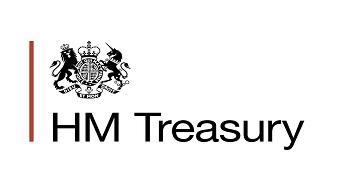The lead story this week, at least in economic terms, was the Chancellor’s Budget speech and the associated report from the OBR based on the various announcements.
Jack Semple, Secretary of EAMA, has written a comprehensive review of the Budget, focusing largely on the consequences for Engineering companies, and this is attached below for you to download. This includes an overview of the Budget announcements, Brexit related issues, a note on advanced manufacturing and the context of the OBR’s report.
There are a handful of very key points that are worth summarising in this note:
- · The Chancellor announced that full (100%) expensing would replace the super-deduction scheme for expenditure on ICT equipment and plant & machinery. Full expensing will not apply to leased assets but the Annual Investment Allowance, which is retained at £1 million, does include leased assets.
- · On the other hand, corporation tax will increase to 25% although it was claimed that this still leaves the UK with the lowest rate in the G7.
- · The cuts in the R&D tax credits announced last Autumn remain for most businesses although there is a new higher rate for companies where R&D is more than 40% of total expenditure.
- · Support for domestic energy bills will continue for a further 3 months but nothing was said about businesses (apart from Leisure Centres and Swimming Pools).
- · 12 new Investment Zones will be funded across the UK outside of London and the South-East although the South-West was notable for its exclusion from the list of locations.
- · There was a boost for nuclear energy including its reclassification as “sustainable” so various tax incentives will apply and the announcement of an international competition for small modular reactors.
- · In all the announcements aimed at getting the “economically inactive” back to work, there was very little about skills other than the announcement of “returnerships” – an apprentice scheme for over 50’s.
The headline in the OBR report was the announcement that the UK would avoid a technical recession (two consecutive quarters of contracting GDP) but with a forecast of -0.2% for 2023 as a whole, this implies one negative quarter (likely to be Q2) and three others of minimal growth – likely to be one of the worst in the G7 this year.
In the OBR report, they view the full capital expensing allowance as simply drawing forward investment from the future and by the end of the 5-year forecast horizon, they see no change in the UK’s capital stock. This happens because the OBR assume that full expensing will stop after the 3 years for which it has been announced and they comment that a permanent measure would provide a sustained boost to investment.
| Attachment | Size |
|---|---|
| EAMA Budget 2023 Review.pdf | 197.35 KB |

